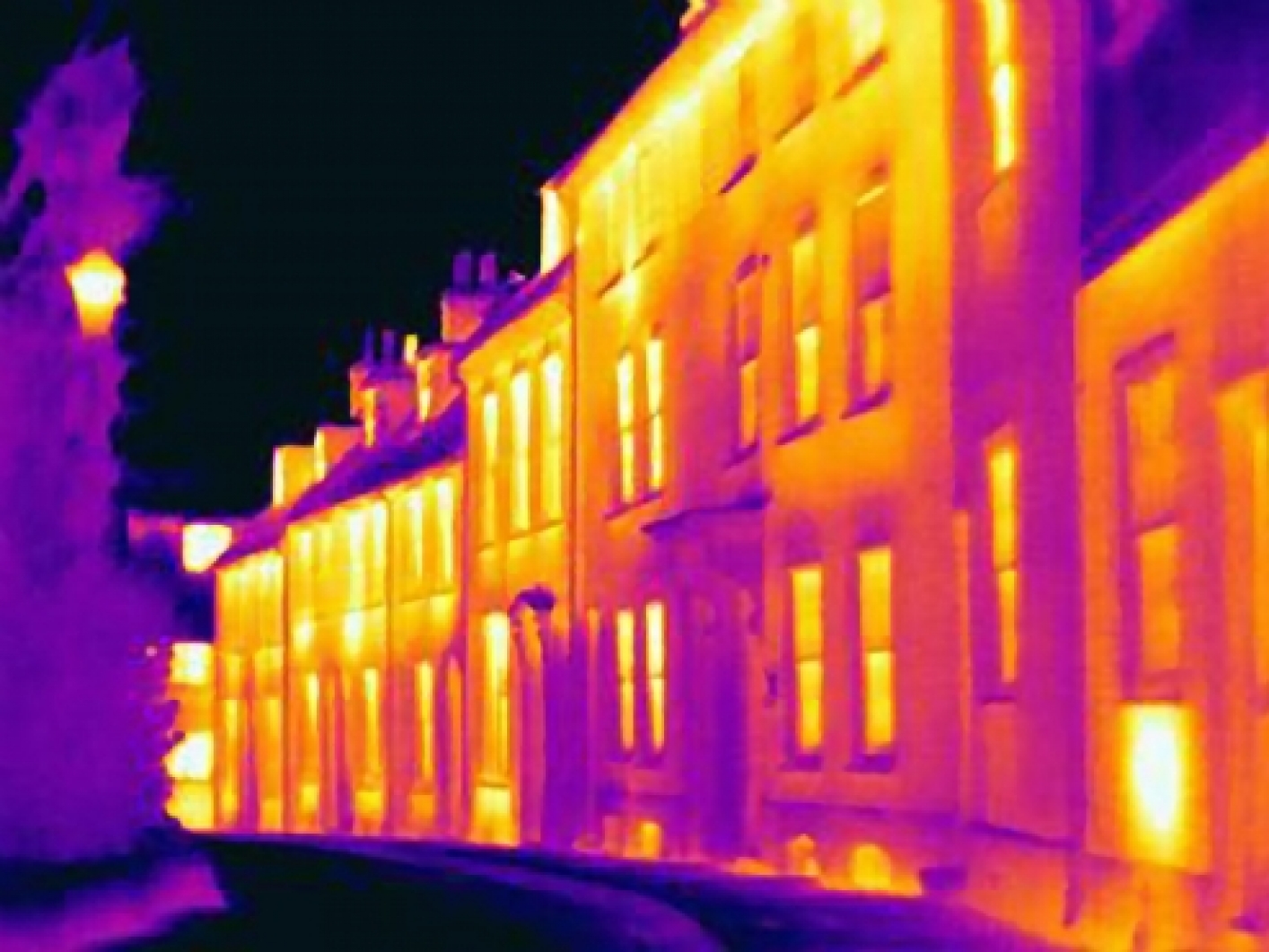
Background and request for advice
This advisory report was prepared in response to a question that Henk Kamp, Dutch Minister of Economic Affairs, posed to the Council for the Environment and Infrastructure (Rli): how can a fully sustainable energy supply be realised by 2050? The minister regards the report as an important contribution to preparation of the Energy Report 2015.
In its advisory report, Rli points out that, although the Netherlands has had a climate policy for some years, the CO2 emissions associated with energy supply have not fallen. The Council therefore argues that a trend change is needed and that every effort must be made to ensure that, by 2050, greenhouse gas emissions in the Netherlands are 80 to 95 per cent lower than in 1990.
It is very difficult to predict what social, technological, geopolitical and economic/financial developments will take place in the next thirty-five years. The advisory report therefore sets no specific goals for the use of particular energy carriers or technologies. The Council has also observed that focusing on energy carriers and technologies leads to strong polarisation of the social debate. That polarisation acts as a brake on transition towards a sustainable energy supply.
In its advisory report, the Council proposes an approach based not on energy sources or technologies, but on the four basic functions of energy. Such an approach would allow scope for the new insights and solutions that are required. The four energy functionalities and the social requirements that they fulfil are as follows:
- Energy is required to fulfil low-temperature heating functions, such as the heating of buildings and the provision of hot water (e.g. for bathing and food preparation). This is referred to as energy's low-temperature heat functionality.
- Energy is required to fulfil high-temperature heating functions, such as manufacturing and high-temperature industrial processing. This is referred to as energy's high-temperature heat functionality.
- Energy is required to fulfil transport and mobility functions, enabling the movement of people and goods. This is referred to as energy's transport and mobility functionality.
- Energy is required to fulfil lighting and appliance functions, such as powering lights, electrical and other appliances, and ICT equipment. This is referred to as energy's lighting and appliances functionality.
The main recommendations
The Council proposes directing the energy transition towards a clear and uncontested goal. The overall national goal should be to cut greenhouse gas emissions by 2050 to a level 80 to 95 per cent lower than the level in 1990. Where the Netherlands' energy supply is concerned, that implies that by 2050 energy-related CO2 emissions must be between 82 and 102 per cent lower than corresponding emissions in 1990.
The Council recommends that the government legislates to formalise the reduction goal referred to above. Statutory status would reflect the need for urgent action. Legislation would also provide the community with a clear perspective and ensure the commitment of politicians and administrators.
When considering how to achieve that ambitious goal, we must stop reasoning from the viewpoint of our current situation and turn our attention to the future. We must also broaden the debate, instead of concentrating on particular sources and sectors. Hence, the starting point of the advisory report is the basic social needs that energy must fulfil and must continue to fulfil in 2050. In that context, the Council has identified four functionalities:
- Low-temperature heat for heating buildings and providing hot water
- High-temperature heat for industrial purposes
- Transport and mobility
- Power for lighting and electrical appliances.
The CO2 reduction goal must take priority, despite the possible economic and social repercussions, (re-)distribution issues or high transition costs for the Netherlands. By international standards, the Dutch economy is relatively energy-intensive. It is also largely fossil-energy based. Consequently, transition to a low-carbon energy supply will involve greater change for the Netherlands than for many other countries.
The Netherlands should make result-based reduction commitments in the fields where the country can act independently without undermining its international competitiveness. In addition, the Netherlands should commit itself to working in the European and international political arenas to get the goal of a low-carbon energy supply enshrined in European law. That would imply the Netherlands seeking to secure agreements – preferably at the global level but otherwise at EU level or, failing that, amongst forward-looking European countries – under which international industries are obliged to realise emission reductions. The Netherlands has nothing to gain by unilaterally imposing requirements on international industries, because that would simply lead to the relocation of companies and activities. Hence, global CO2 emissions would be unaffected and the ultimate purpose of Dutch policy would be frustrated.
The realisation of energy transition represents a huge challenge, for which support is required in the form of long-horizon result-led innovation programmes. That in turn will necessitate the allocation of additional funding. Furthermore, transition can be brought about only if the pathway is monitored by an independent person or body that has no stake in the process.
Open consultation
In view of the need for a strategic and, crucially, integrated energy supply vision, Rli organised an open consultation, in the context of which a wide range of people and organisations were invited to give their views. For the same reason, experts from the energy sector, knowledge centres, policy bureaus and universities were consulted and a focus group made up of experts from various disciplines was formed to consider the advisory committee's deliberations.
Publication date
The report was submitted to Henk Kamp, Minister of Economic Affairs, on 24 September 2015.
Information or response
For more information or to respond, please contact Folmer de Haan, project leader, f.w.dehaan@rli.nl (link sends e-mail)